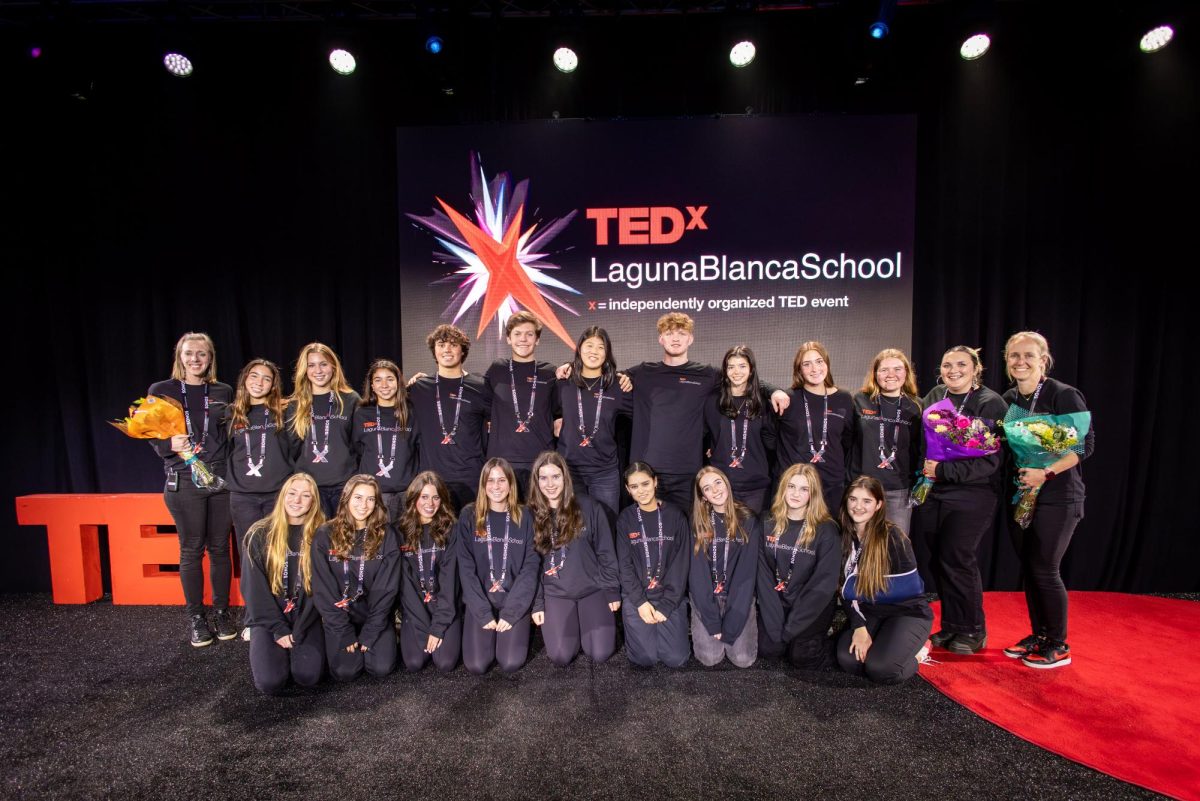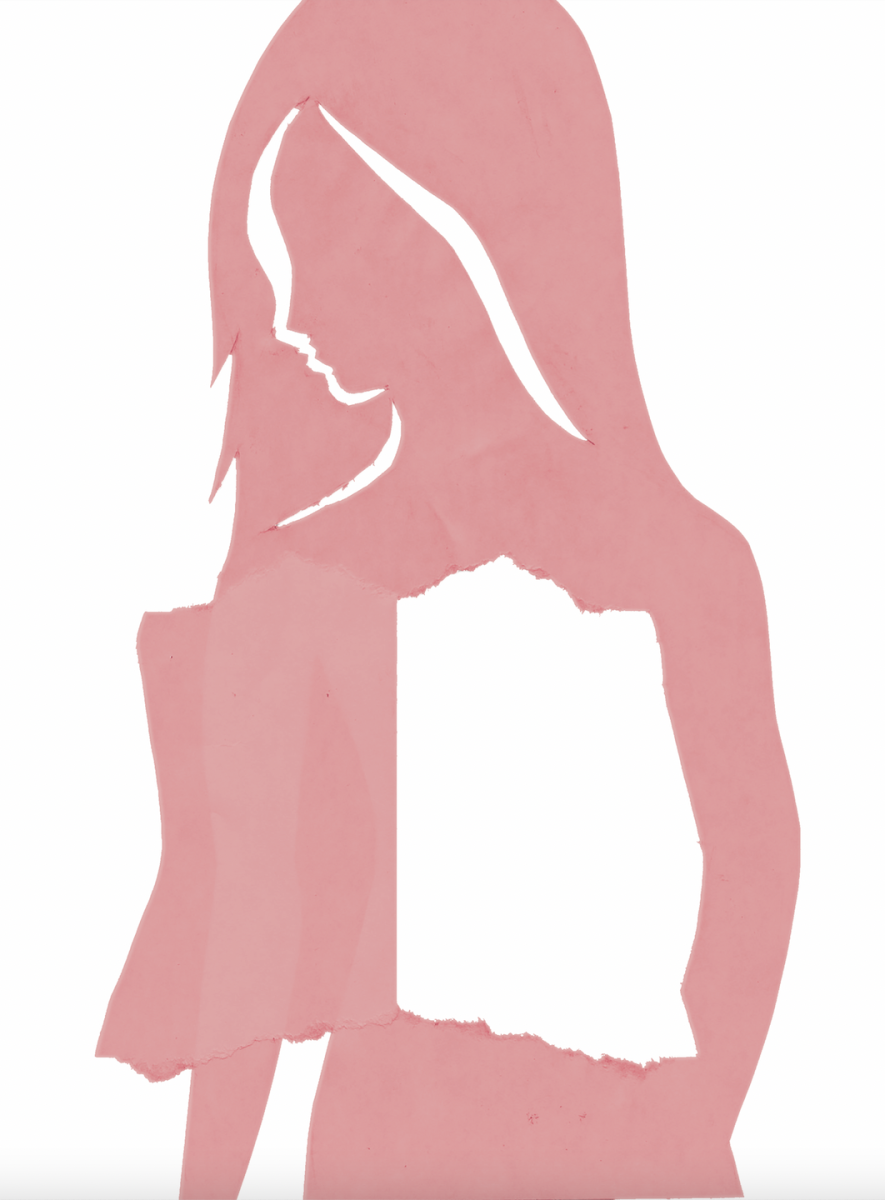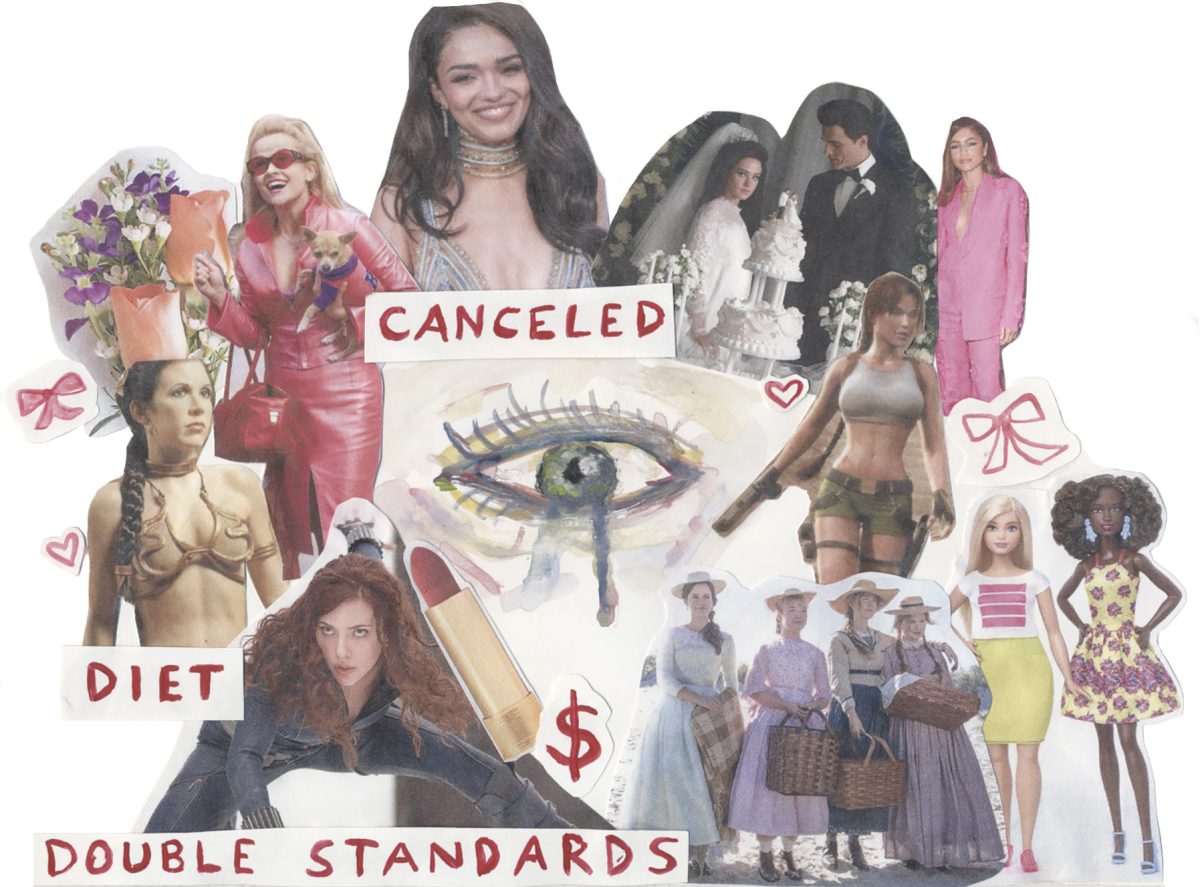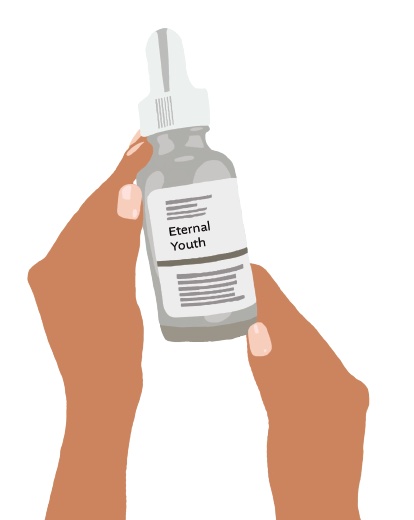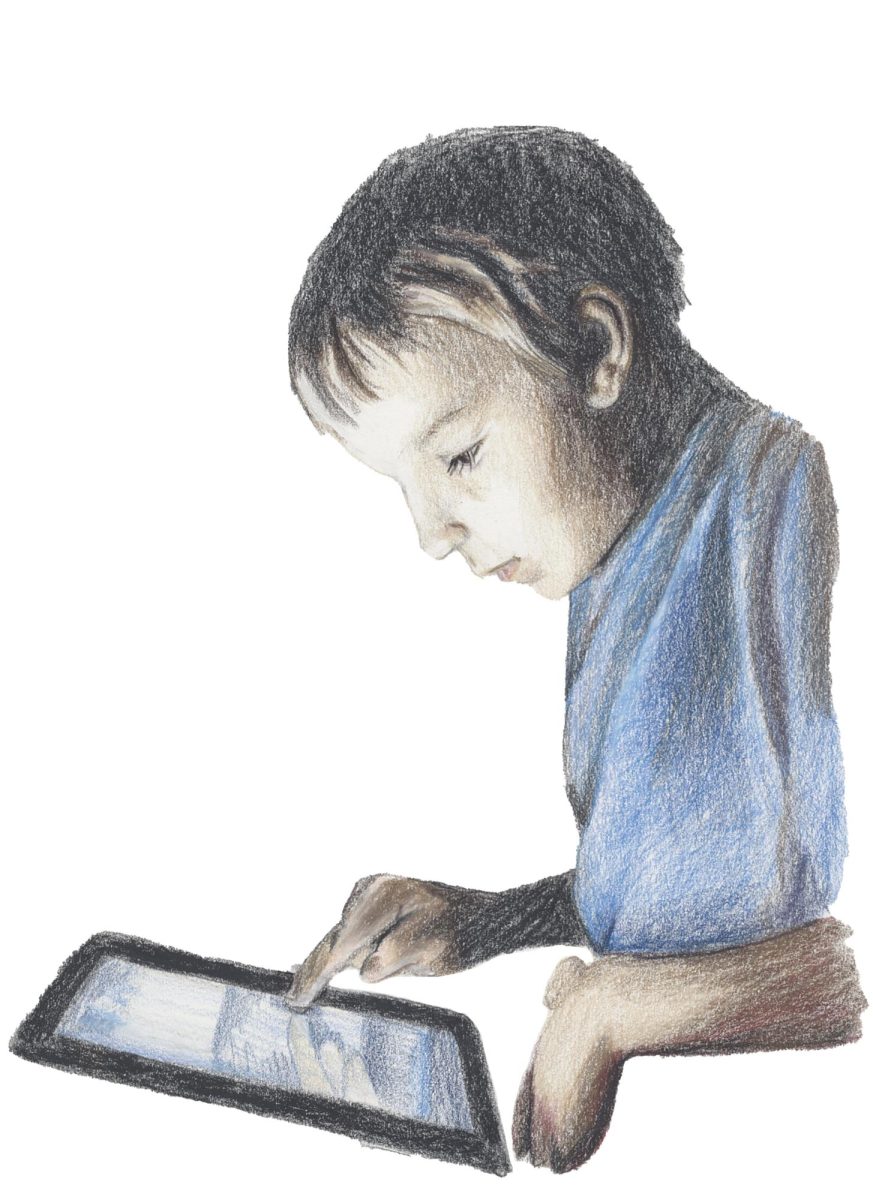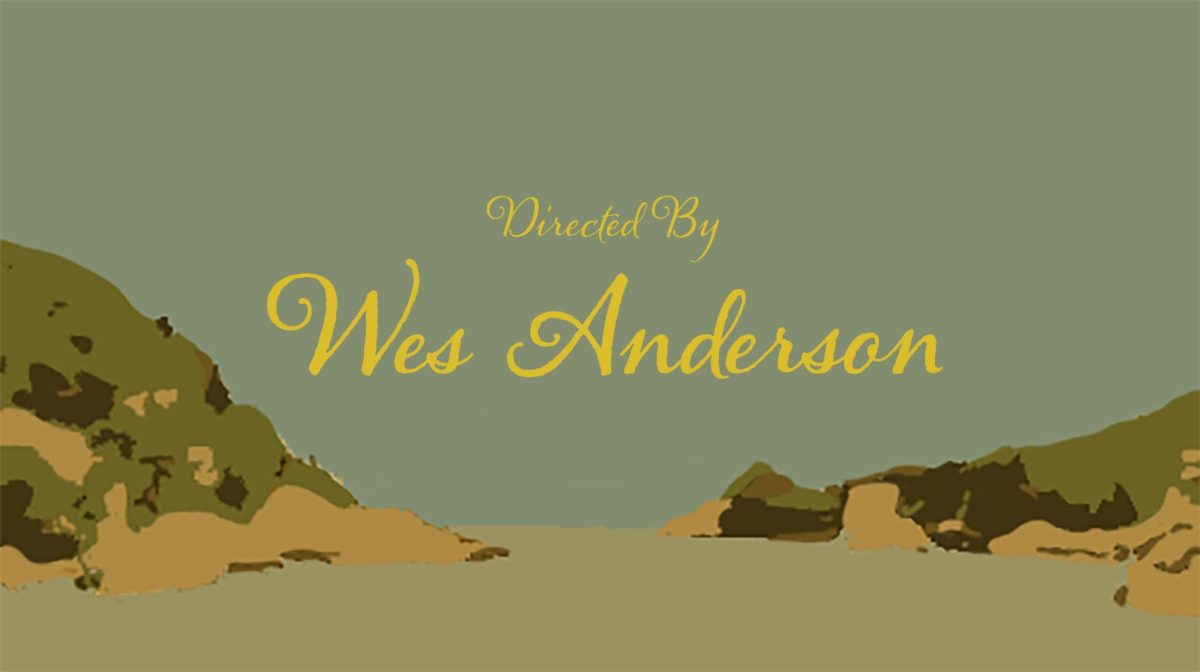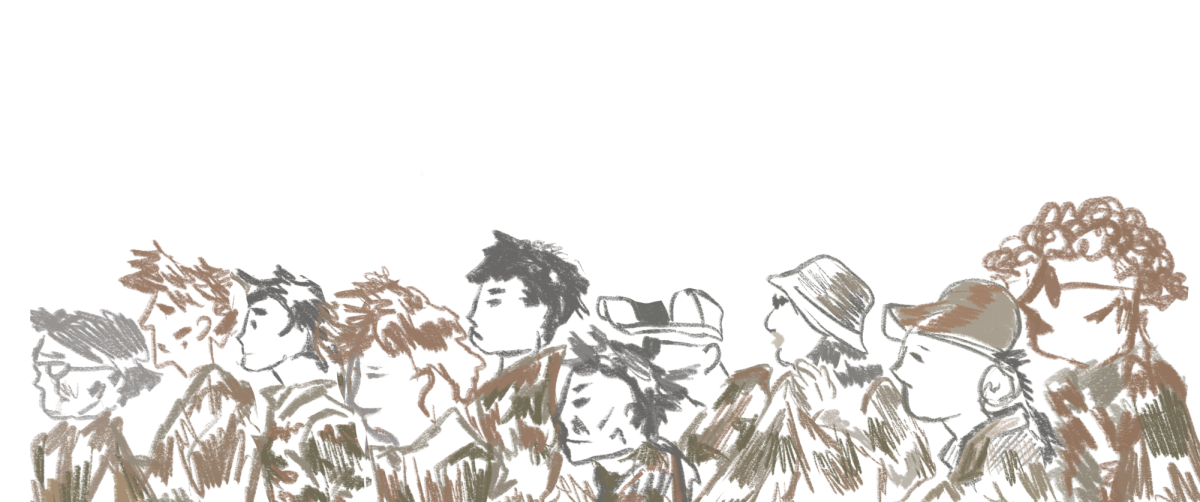For four days, I participated in a seminar called Panim El Panim in Washington, DC, where a group of 150 Jewish
teenagers were faced with social issues such as homelessness and faults in our education system.
We were encouraged to seek change through political activism and stopping our actions as bystanders. We were forced to face challenges head-on. We were reminded again and again of the passage in Leviticus stating not to “stand idly by the blood of your neighbor.”
The thing that struck me most through the seminar was listening and speaking to currently and formerly homeless people.
Before the seminar, I believed all of the common stereotypes about the homeless.
In my mind, were firmly planted images of homeless people, many built on truth which had taken form through the sparse encounters I’d had with homeless people in our community. But I’ll admit – they weren’t flattering images. In fact, they were quite derogatory.
When walking past a woman sitting on a bench downtown, I would divert my gaze and quicken my pace.
Over those four days I spent in DC, my views were turned around, flipped upside down, and rotated in a 360 circle.
It all started the first night of the seminar, when formerly-homeless advocates from the National Coalition for the Homeless spoke to us.
They started out by asking us to shout out stereotypes typically associated with the homeless community. Three words that were presented were “dirty,” “substance abuse” and “crazy.”
“Now think about your community. Are there people there who are maybe a little bit dirty?” asked one of the speakers, Steve, who had battled a 30-year addiction to cocaine while homeless.
Murmurs of ‘yes’ reverberated around the room.
“Are there people there who maybe struggle with substance abuse?”
Again, we all nodded, a few of us exchanging glances.
“Are there people there who are maybe a little bit crazy?”
And then I pulled my finger off of the ‘zoom’ tab and saw the entire picture.
Our two communities weren’t all that different. The only difference was that we have a home, and they don’t.
That was the first step. That was what created the fissure that eventually split into a giant hiatus, cracking my previous views in two.
Steve then spoke about his detachment from society. He was ignored wherever he went. He was refused service at restaurants because of his appearance. He was treated as though he did not matter, and he began to feel it too.
He spoke of violence against the homeless, of kids who would throw cups of urine on him, and of others who would put human feces into pie tins and attempt to hit him in the face.
As he went on, I began to feel a yanking feeling of guilt hanging on my shoulders.
While I had never committed an egregious act against anyone homeless, I was responsible for avoiding eye contact. I pretended not to see what was in front of me, who was in front of me.
However, I wasn’t fully convinced that these two men were speaking on behalf of the greater percentage of homeless people.
The next day we went to a park where a large homeless population in DC gather. In groups of two or three, we went out and approached women and men who were sitting on benches or at the fountain.
We just talked, and I quickly realized that all of my preconceived notions really were just the product of fear of the unknown.
Everyone I talked to was excited to engage in conversation. We asked them what their names were, where they were from, how they had come to be in their situations.
It dawned on me that all they want – all anyone wants – is someone to talk to, someone to smile at, and someone to relate to. That’s when I made the conscious decision to change, and I’m urging you to do the same.
Homeless people are not some group of social pariah. It’s time we stop seeing our two communities as separate, and we stop looking down upon the homeless community. If everyone tried a little harder to stop and offer a friendly smile, it might make someone’s day a little brighter.



